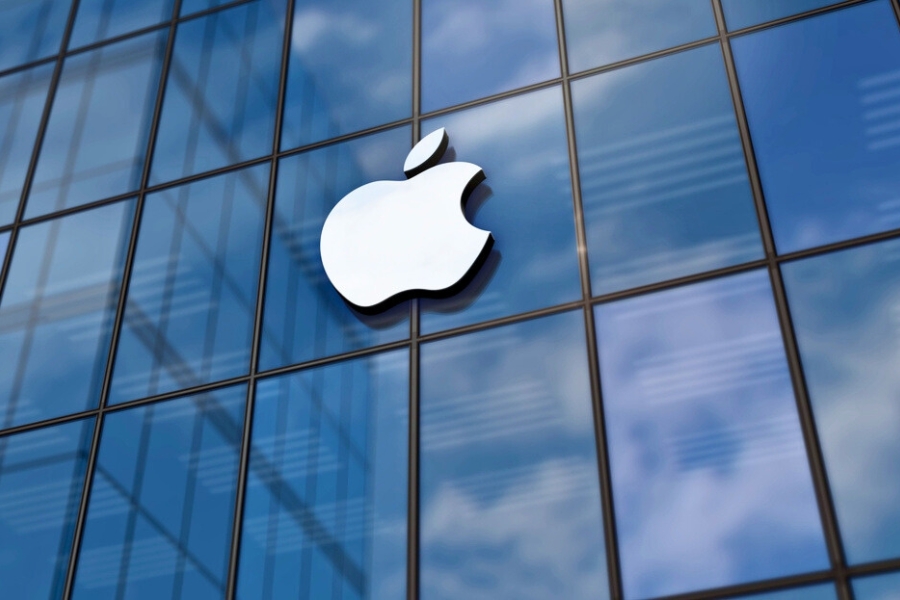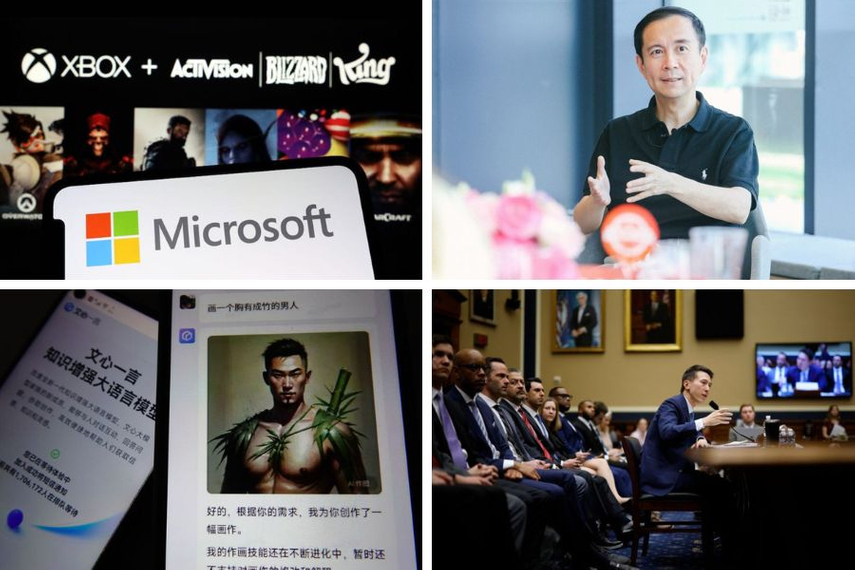Here's a recap of the boggling numbers from Saturday's Single's Day shopping event: RMB168.2 billion (more than US$25.3 billion) in GMV (gross merchandise volume) for Alibaba, plus RMB127.1 billion (roughly US$19.1 billion) for closest competitor JD during the same sales period.
"Basic laws of economics don’t always prove to be true," said Mathias Chaillou, Performics China CEO. "Diminishing returns and soft landings just don’t seem to apply to this unique shopping festival that has clearly become a ritual with consumers." Alibaba’s relentless efforts to grow this event will one day be part of marketing books, he added.
But what does it mean for brands and their agencies, going forward?
Leave no stone unturned
For Publicis Media clients in China, 11.11 required four months of dedicated planning covering all marketing levers, said Chaillou. The orchestration of 11.11 by Tmall and brands themselves has led to consumers buying more, but also earlier—as early as 1 October, he said. Brands that started communications early saw their pre-sales numbers go through the roof, he added. All this resulted in a sense of anticipation that really reached new heights in 2017. Nike, for example, reached RMB100 million GMV in less than one minute.
There are two crucial moments to 11.11, said Chaillou. Before it starts, when brands need to stimulate demand and give users incentives to put their products in their shopping carts. Next, during the three first hours of D-Day, go all out. All the incremental sales in 2017 for brands were made during these first hours, with pre-sales confirmations and new offers being released. Local brands such as Pechoin, Vinda and PurCotton have been particularly savvy in doing this.

Gamification of 11.11 discounts needs to get simpler
Commercial offers, coupons, and discounts have become so complex this year that navigating them was in itself a mental exercise akin to calculus. Before shopping, consumers needed to understand the exact meaning of 'shopping allowances', 'deposit inflation', 'cross-store reduction', 'overlay concessions', downpayments giving rights to additional discounts and other terms and conditions. However, it is to be noted that the level of complexity has gotten such that 75% (source: Nanfang Metropolis Daily) of consumers found it “too complicated” and “time wasting”. The discounting may need to be revised in the future to give more transparency to pricing, said Chaillou.
"Keep it simple and consistent," he said. "Be clear about your commercial offer."
Eve Lo, chief consultant for Isobar China's brand commerce consultancy as well as chief data officer at DAN China, also found this year's promotions hard to understand. "Wait a minute, am I a gambler or am I a greedy person?" she asked. Brands and platforms both mention that making money is not their purpose, Lo pointed out, so why are they going overboard on the discounts? "I strongly believe brands should constantly fulfill customer needs instead of stimulating their desires implusively," she added.
It's a test for both platforms and agencies
Jack Ma, in an interview with CCTV, claimed that Singles Day garnered "no profit" for Alibaba, but is used as a "practice" to upgrade its technology in computing, payments and logistics. "Without Singles Day, we cannot achieve 380,000 transactions every second this year," he said.
For agencies, 11.11 has became a platform to test the effectiveness of campaigns and their own mettle, said Alvin Lim, creative chairman at GPB Shanghai, who quit Cheil a few months ago to open his own hot shop. "Instead of Jan to Dec, now it’s 12 November to next 11 November to put everything we do to a test," he said. "I would say, set 11.11 as your KPI as an agency. All your social media and advertising strategy should set course towards 11.11, and not just aim for awards at Effies or Cannes."
Look beyond pure performance tactics
For most brands, past Singles Days were in the test-and-prove stage but 2017 is definitely a year beyond that, said Wei-Chong Khor, head of digital and e-commerce with Carat China.
"We see a significant growth of one to three times in terms of advertising spending, sales expectation and actual GMV for most major brands," Khor said. Most successful brands in 2017 looked beyond pure performance tactics but had invested way in advance through branded-content opportunities, he said. Those brands that failed to do so saw a major gap in organic traffic versus their expectations.
Brands should Increase the frequency of posts on content channels, especially in the last days leading up to Singles Day, added Chaillou. Some local brands were publishing up to 10 pieces of content each day, he noticed. Livestreaming and real buyer reviews should be at the core of your content strategy.
11.11 has replaced Chinese New Year (CNY) in the world of marketing, he concluded. "The scale, the planning, the excitement, the efforts and passion we put into this event had somehow replaced the commercial hype of CNY. In light of the results from this year, we are tempted to say it awfully feels like an early Christmas for brands and consumers."
(This article first appeared on CampaignAsia.com)




